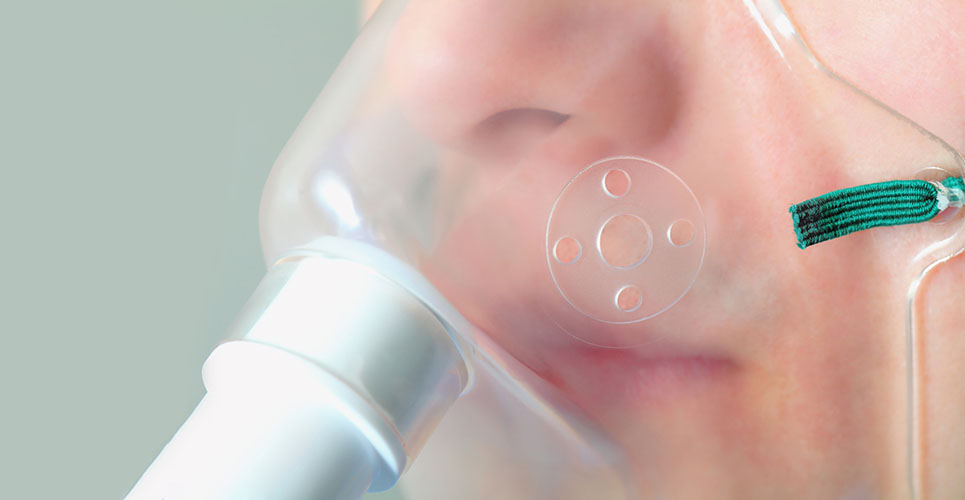teaser
Phase II clinical trial results, published today in the New England Journal of Medicine, for Boehringer Ingelheim’s investigational tyrosine kinase inhibitor (TKI) BIBF 1120 showed a positive trend in reducing lung function decline in patients with idiopathic pulmonary fibrosis (IPF).
In the TOMORROW (To Improve Pulmonary Fibrosis with BIBF 1120) study, patients treated with 150 mg of BIBF 1120 twice daily demonstrated a 68% reduction in the rate of forced vital capacity (FVC) decline compared to placebo (0.06 litres per year in the BIBF 1120 150 mg bid arm vs. 0.19 litres per year in the placebo arm.
Patients treated with 150 mg of BIBF 1120 twice daily also had a lower incidence of acute exacerbations, defined as sudden deterioration of clinical status, compared with placebo.
Acute exacerbations are associated with rapid disease progression, severe abrupt decline in FVC and high mortality.
In addition, treatment with 150 mg BIBF 1120 twice daily resulted in a small decrease in the SGRQ score (St George’s Respiratory Questionnaire) as compared with an increase in placebo (-0.66 vs. 5.46; p= 0.007).

Gastrointestinal symptoms and liver transaminase increases were more frequent in patients receiving 150 mg BIBF 1120 twice daily than placebo; adverse events leading to discontinuation were mostly diarrhoea, nausea and vomiting.
“People who suffer from IPF are in great need of a safe and effective treatment to preserve lung function so they can maintain physical activity and reduce the impact on their independence for as long as possible,” said Luca Richeldi, lead study author and director of the Research Centre for Rare Lung Diseases, University of Modena and Reggio Emilia, Italy.
“The positive trends in slowing the decline in lung function over time, reducing the incidence of acute exacerbations and improving the quality of life with BIBF 1120 are a promising proof of concept.”
BIBF 1120 received orphan-drug designation from the U.S. Food and Drug Administration in June 2011 and by the Ministry of Health, Labour and Welfare of Japan in September 2011, acknowledging the fact that there is a high unmet clinical need for this drug and that it has a high development potential.
Two pivotal Phase III clinical trials are currently underway, enrolling 970 patients in 20 countries. The first patients entered the trials in April and May 2011, respectively.

